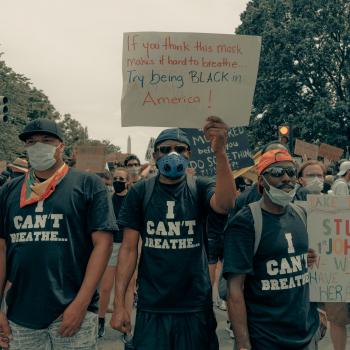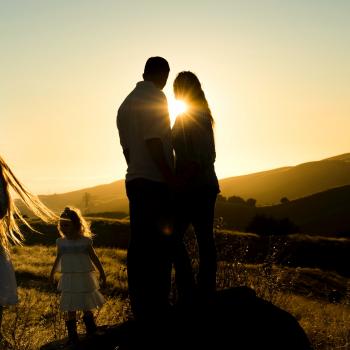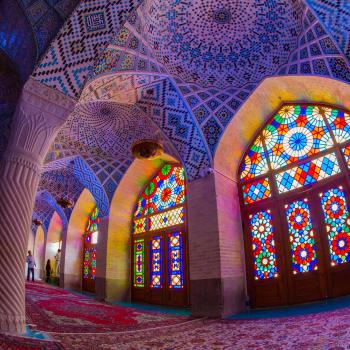Ranya Shbeib
How long have you been fostering? How many children have you fostered?
I have fostered my refugee foster daughter for almost two years now. This is our first fostering experience; however, we do plan to continue fostering other kids in the future. We can only foster one child at a time, since we have 3 children of our own.
What made you want to become a foster parent?
I knew very little about the foster care system. I did not know there was a great need for licensed foster families, especially Muslim homes. I learned most of the children initially request a Muslim home, however they are rarely placed with Muslim homes because there are very few licensed Muslim foster families. I knew I had to become a foster parent. When we became licensed for refugee foster care, we were the first Muslim family in Michigan to do so. At the time, all of the Muslim refugee foster kids were being placed in homes of other faiths.
My husband and I prayed a lot and did istikhara. In the end, we relied on tawakkul (trust in God) and moved forward with what we knew was encouraged in our faith and part of our faith tradition. We knew we did not have an excuse not to become foster parents. These are our children and it scared me to think they could potentially lose their faith because Muslim families were not available to them.
What has your experience been like as a Muslim foster parent?
There are definitely challenges. However, the challenges are met with immeasurable rewards, inshaAllah. Our faith teaches of the immense reward that will come from caring for orphans, and caring for children in need. We realized fostering was a new concept in our Muslim community. Many community and family members did not know appropriate ways of supporting our new endeavor. Our children and foster child had to adjust and confront the challenges they faced from community and family. We believe this experience will make our children more compassionate individuals and more global-minded as they grow older.
One of the things we struggled with was finding help from within the Muslim community. There were a few existing organizations that did some work within the scope of foster care. However, even these organizations had lots of turnover and did not have the first-hand experience to help support us through our new challenges. I turned to the few licensed Muslim foster parents I knew. These relationships proved to be incredibly beneficial and critical to our fostering success.
I urge anyone thinking of fostering or anyone that has welcomed a foster child to their home, to connect with the foster parents near you. They will be your greatest resource. For this reason, another foster parent (Sameena Zahoor) and I, created the Muslim Foster Care Association with the goal of supporting Muslim foster families and foster children.
What were the reactions you received from the Muslim community when you decided to foster?
The community overall was supportive. Our local imam was incredibly supportive and welcoming. However, some people did not realize that the behavior they viewed as “supportive” was actually more detrimental and hurtful. It was very eye-opening for us to experience this. Although fostering is part of our faith tradition, we know it is still a new concept for our Muslim community. We hope our experience as a foster family will serve as a good example for the community and encourage other families to do the same. We hope to help revive this lost sunnah.
What are some misconceptions that you have noticed the Muslim community has about foster care?
Our communities are quick to offer monetary donations to solve “problems”. Fostering is a topic that demands a commitment of time, a change in family dynamics, and being out of our comfort zone. Our Muslim communities need to move beyond financial contributions and make sacrifices that will change their lifestyle for the aim of bettering all of our Ummah.
One of the most common solutions I heard was creating an orphanage-like system to care for the foster children. People want to “buy a building” and “hire staff” to care for foster children rather than implementing the solution that is in the best interest of the children, which is welcoming them into our homes so they can experience a real family setting and reap those benefits.
What is your message to the Muslim community regarding this topic?
Our lives are filled with so many blessings and comforts. Caring for these children is our responsibility and our obligation. These children are no different than our own children. Even if you live in an area that does not have Muslim foster children, please consider fostering children of other faiths. If you can’t become a foster parent, please support the foster families and children of all faiths in your area. Connect with a foster care agency near you and offer to volunteer. Contact Muslim Foster Care Association and support their efforts.
Ranya Shbeib is a refugee foster parent and co-founder of Muslim Foster Care Association. You can learn more at www.muslimfostercare.org.












